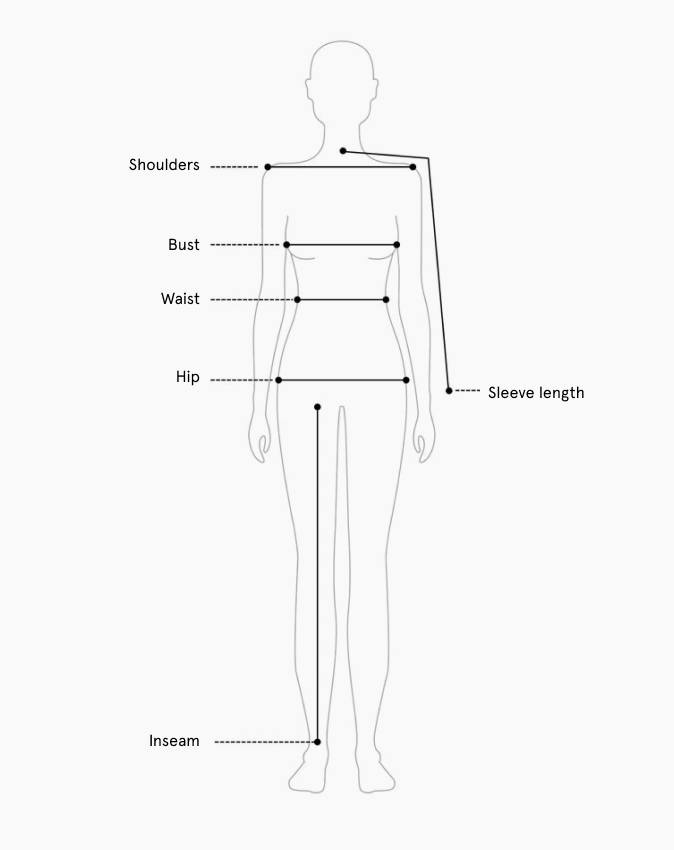Women's Alzheimer's Movement at Cleveland Clinic
Creating a brighter future for our minds Let’s get the bad news out first: Alzheimer's is fatal, and there is no cure. There’s no treatment plan either—it's the only disease without any effective drug or intervention to slow progression of the disease. In the U.S., more than six million people suffer from the neurological disorder. And if you’re a woman, the numbers get progressively worse: Two out of three Alzheimer’s patients are female.
The disease is devastating. Memories, relationships, the comfort of what’s familiar—even someone’s personality—slowly fade to black. And one often realizes the gravity of the situation when it’s a step too late.
But here is the good news: Up to 40% of Alzheimer’s cases are preventable through healthy habits, like diet, exercise and lifestyle changes. And for women in particular, who bear the brunt of this condition—both as patients and caregivers—the landscape is changing, leading to better awareness and better research.
All of which brings us to our new #VBGIVESBACK partner, the Women's Alzheimer's Movement (WAM) at Cleveland Clinic, and its founder Maria Shriver, who has been leading the charge in recognizing women’s increased risk for this type of dementia. The medical community, for instance, has long thought the higher rate in females was simply a result of our longer lifespan. It wasn’t till 2010—a mere 12 years ago—when Shriver published a groundbreaking report on the disease that we learned this wasn’t a factor and, instead, our biology and the way we age are.
That report and its findings are what spurred the award-winning journalist—whose own father had Alzheimer’s—to launch WAM in 2016. “I wanted to answer the question of why,” says Shriver, who merged the organization with Cleveland Clinic, the renowned academic medical center, last year. “Why do women’s brains make them more vulnerable? This wasn’t part of the narrative then.”
From now to the end of June, #VBGIVESBACK will donate proceeds from every online order to the nonprofit, which is dedicated to women-based Alzheimer’s research, education and advocacy. We hope you join us in supporting this worthy cause. As Shriver says, “Women are at the epicenter of the Alzheimer’s crisis. That’s why we must be at the heart of the solution.”
WHY THIS MATTERS
• Over six million Americans live with Alzheimer’s disease. By 2050, that number is projected to reach 12.7 million—the populations of New York City and Los Angeles combined. Millions more family members and friends will suffer alongside those diagnosed.
• Of those with Alzheimer’s, two-thirds are women. Two-thirds of the caregivers are also women.
• Women in their sixties are two times more likely to develop Alzheimer's than breast cancer. Latinas and Black women are at an even greater risk.
• Women’s biological responses to neurological diseases differ from those of men. Yet academic medicine largely addresses these disorders as though they are the same—meaning, historically, women have been excluded from clinical research. Now, we need to fund the research to get the answers.
HOW YOUR DONATIONS HELP
• Research
Since 2016, the organization has funded $4.25 million for 40 studies at 17 leading institutions. These grants provide seed funding to empower early-career female clinicians and scientists to conduct high-impact pilot studies, which provide the key data needed to apply for competitive federal grants. To date, WAM grants have resulted in more than $83 million in additional funding from the National Institute of Health and other foundations.
Since 2016, the organization has funded $4.25 million for 40 studies at 17 leading institutions. These grants provide seed funding to empower early-career female clinicians and scientists to conduct high-impact pilot studies, which provide the key data needed to apply for competitive federal grants. To date, WAM grants have resulted in more than $83 million in additional funding from the National Institute of Health and other foundations.
• Clinical Care
The Women’s Alzheimer’s Movement Prevention Center at Cleveland Clinic, located in Las Vegas, is the world’s first and only institute dedicated to Alzheimer’s prevention for women. Until prevention is accepted by insurance, these services will remain costly to patients. Your donations will help double the volume of patients seen at the center, expand it to other locations and create a virtual prevention program.
The Women’s Alzheimer’s Movement Prevention Center at Cleveland Clinic, located in Las Vegas, is the world’s first and only institute dedicated to Alzheimer’s prevention for women. Until prevention is accepted by insurance, these services will remain costly to patients. Your donations will help double the volume of patients seen at the center, expand it to other locations and create a virtual prevention program.
• Education/Outreach
The nonprofit wants to ensure that every woman—at every age—knows of her increased risk for developing Alzheimer’s and other neurological diseases, and is given the tools and information she needs to increase her health span. (Check back here throughout the quarter; we’ll be sharing these guides with our VB Edit readers.)
The nonprofit wants to ensure that every woman—at every age—knows of her increased risk for developing Alzheimer’s and other neurological diseases, and is given the tools and information she needs to increase her health span. (Check back here throughout the quarter; we’ll be sharing these guides with our VB Edit readers.)
• Growth
Many of the risk factors that contribute to Alzheimer’s also impact risk for other diseases. The goal of WAM at Cleveland Clinic is to ensure that private and government funders and policy makers elevate women’s health and prevention across the lifespan, so that a holistic and integrated approach to women’s brain health becomes the standard model of care for women’s health.
Many of the risk factors that contribute to Alzheimer’s also impact risk for other diseases. The goal of WAM at Cleveland Clinic is to ensure that private and government funders and policy makers elevate women’s health and prevention across the lifespan, so that a holistic and integrated approach to women’s brain health becomes the standard model of care for women’s health.




